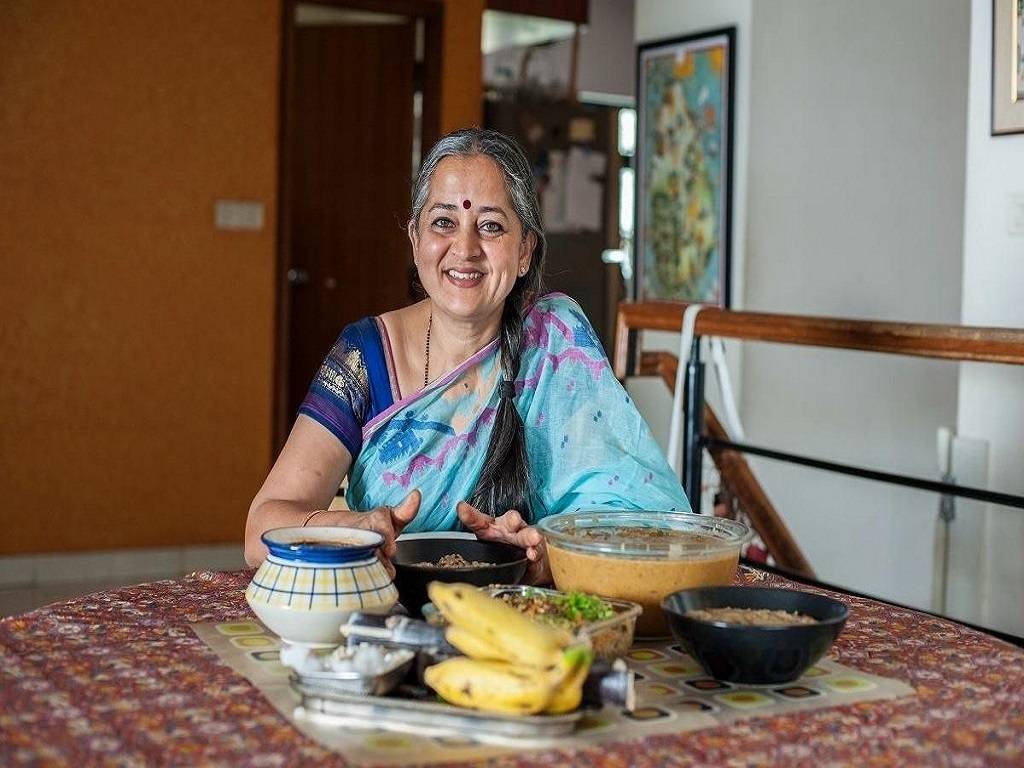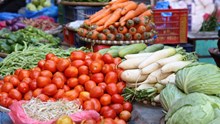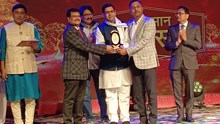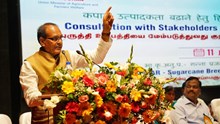
As Lal Bahadur Shastri rightly said and I quote “Jai jawan, Jai kisan” in the modern world where the percentage of people dying out of hunger is increasing every day, it isn’t wrong to say that farmers have become a very essential part of living and healthy food with the existing chemical fertilizers is a missed shot for many.
In these situations, surrounded by different viruses and diseases how can one save themselves and the planet?
We have an answer to this!
“Decomposing” I know you are thinking where do we have the place for this in our long-grown developed world with tall buildings and not trees, big malls and not farms!
Urban farming allows us to recycle organic matter, such as leaves and food scraps, into valuable fertilisers that can be beneficial for our soil and plants, hence compost!
Composting is the major step towards a better planet and organic farming. The amount of waste we produce every day in India is 42.0 million tons, about 90 percent of which can be decomposed and used as manure, for growing life; for giving life!
By adapting to this method, we can turn what seems lifeless to something worth generating life!
There are people who are already working in this direction and shedding light on the topic for others to understand it better. One such role model of this genre is Vani Murthy or the Worm Rani a name many of the social media users are familiar with!
Vani is a 60 year old women living in Bangalore. Earlier she was a home maker and from past 12 years she is a full time environment saver who composts and manages waste by practising urban terrace gardening/ farming
Vani Murthy was not always an eco-activist, she was like any other home maker of this nation who was afraid to step out of her house. Eventually one thing lead to another and she found herself in a landfilling where she saw mountains of waste, waste that was black, contaminated the life around it and could have been turned into something better.
After that incident she took it on herself to find a better alternative for this ongoing problem of waste dispatching.
This is when she found decomposition methods and was intrigued by its affects and assets.
According to her 60 percent of the waste that we dump is kitchen or organic waste. An organic waste comes out of our kitchen that starts to breakdown in anaerobic conditions releasing methane which is a green house gas responsible for global warming, erratic climate and is 25 times worse than carbon dioxide.
Such organic waste in the overflowing landfills pollute the water, soil and lives of people living around the waste releasing life threatening gasses.
Murthy swore to bring about a change into this situation and started a Zero Waste Living. For this she followed a few basic steps:
-
Looked at the waste – noticed what she was generating and how.
-
Reduced waste – by single use disposable technique. This helps us mindfully use only the things and material which are going to be used for a long time as an alternative to the one time useful stuff. For example steel glasses and cups can be switched with paper or plastic cups and glasses.
-
She aggregated her waste- The waste that we generate can be aggregated into 3 main groups.
-
Dry waste can be recycled like dry leaves or food items.
-
Wet waste that can be composted like vegetable and fruit peels or dairy products.
-
The rejected waste which needs to be given to the municipality for treatment.
She then carefully used the three types of waste and made sure nothing went to the landfill.
By using these methods she stood on her words of living a zero waste life and started the journey of decomposition.
Murthy used the strongest weapon of 21st century to spread her word on this issue- Social Media! She started posting videos of composting and it’s technique with rap songs and international bands to engage the youth.
Not only Bangalore but the whole nation acknowledged her work in this field of soil conservation. She became a role model for many and many started following her techniques.
You would be wondering why would an organic farming enthusiast be called “worm rani” So here is the quirk and catch to Vani Murthy’s story.
One of the main elements of her compost are Worms! Yes! Worms. Surface worms or red wrigglers to be specific. These worms apparently eat the waste and turn it into compost which can be used as fertilisers for your plants.
Vani Murthy uses these worms to create her compost and thus got the name Worm Rani! Apart from wormy compost she also talks about Aerobic composting and Bokashi compositing (Japanese method of composting in the absence of oxygen)
All of these methods are home friendly and easy to practice, they don’t require any external material and can be executed purely out of your home wastes. It is operational in containers and thus is an urban farming method and solves the problem of land demand. By practicing these methods anybody can turn into an urban farmer and grow their own food.
On a broader note, these exercises help save resources, provides livelihood to the organic farmers,, gets organic matter back into soil, is a replacement to the chemical fertilisers and the food produced by it is healthier in all aspects.
Organic farming, urban farming or compost farming is the new way of life which benefits the nature, helps us grow more trees, and produces finer oxygen and home-grown healthy food.
But most importantly it reduces the waste created by us which in turn reduces the pollution. This could be our time to fight global warming and climate change.
As those who can regenerate their own food can regenerate life on this planet. This planet which is our home, this planet which gives us life, this planet which puts in front of us organic ways to save it!
“Be the environment army of farmers and save the planet from going into landfills”
















